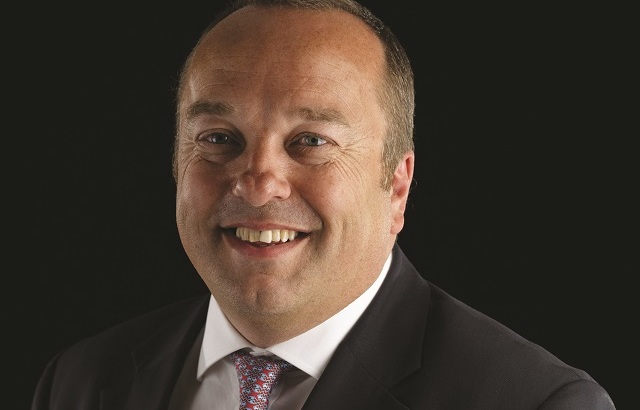ANALYSIS: Bracing for peak Brexit
The vote on Brexit is now less than two weeks away and markets are increasingly feeling the ill effects of the uncertainty.

The vote on Brexit is now less than two weeks away and markets are increasingly feeling the ill effects of the uncertainty.

Financial markets have lacked direction in recent months, with the main equity indices all very close to where they were at the start of the year. Macroeconomic data are not strong enough to reinvigorate the bull market, yet not sufficiently weak to stoke fears of recession.

Rathbones’ David Coombs worries about the silent Brexiters, reluctant to admit they’re in ‘camp leave’ in case they’re seen as little Englanders. And while he believes the UK will vote remain, he’s taking precautions.

When Woodford Investment Management contemplates a new fund, the market tends to sit up and take notice and, with good reason.

European equities have been the best-selling asset class with European investors in recent history. However, this hasn’t benefited those funds that invest exclusively in equities listed in one particular European country.

The growth in financial advisers choosing to outsource investment services to discretionary fund managers increasingly begs the question ‘what are they actually charging for?’

Every asset class has its time in the sun and periods where nobody wants to touch it with a barge pole.

In this series looking at business transition principles, Mike Leeson, head of distribution development for Old Mutual International, part of Old Mutual Wealth, takes a look at why business planning is so important in helping to build a sustainable business.

Oil’s recent jaunt through $50 a barrel, its highest level since November last year, highlights once again how suddenly things can change, particularly when it comes to the commodities complex.

European exchange-traded fund (ETF) investors caught off-guard by the volatility at the start of the year, sheltered assets in traditional safe havens such as gold, according to analysis by Morningstar.

Outcome-based investing is the investment structure of the decade and is predicated on maximising risk management first and eeking out returns second.

A combination of strong corporate earnings and the stabilisation of both the Chinese renminbi and global oil price are making “deeply undervalued” Japanese equities more attractive, according to Tokyo-based Sompo Japan Nipponkoa Asset Management (SNAM).